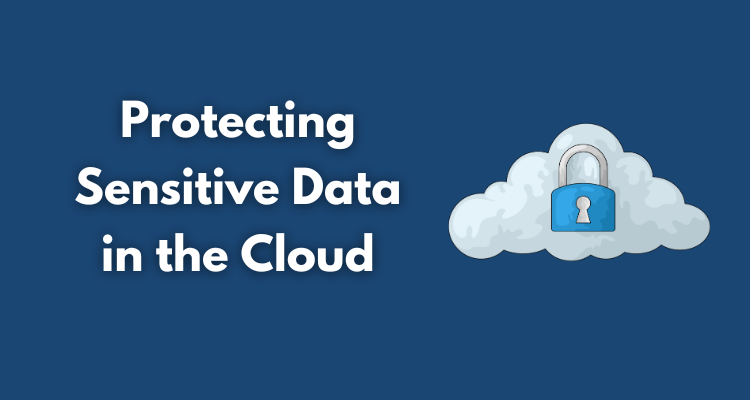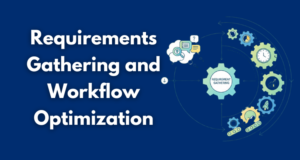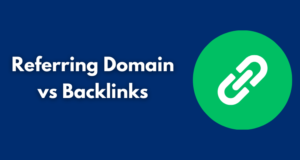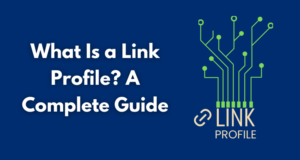As more organizations migrate their operations to cloud platforms, protecting sensitive data has become a top priority. From financial records to personal customer information, any compromise can result in severe economic, operational, and reputational consequences.
While cloud platforms like AWS offer robust security tools, implementing them effectively requires a strategic approach. This article explores best practices for safeguarding sensitive data, optimizing cloud performance, and maintaining regulatory compliance.
Table of Contents
ToggleStrengthening Security with Expert Guidance

Many organizations turn to aws security consulting services to ensure their cloud environments are both secure and efficient. AWS offers a wide range of encryption options, identity management tools, and monitoring solutions; however, configuring them correctly can be challenging. Without expert guidance, even sophisticated platforms can be mismanaged, leaving critical data vulnerable to compromise.
Some key strategies that consultants often recommend include:
- Data Encryption: Encrypt data both in transit and at rest using strong protocols. This ensures that even if data is intercepted, it remains unreadable.
- Identity and Access Management (IAM):An IAM solution helps implement role-based access controls, multi-factor authentication, and strict permission policies to limit access to sensitive resources.
- Regular Security Assessments: Conduct frequent vulnerability scans and penetration tests to identify and mitigate potential threats.
- Automated Threat Detection: Use AWS tools to monitor activity in real-time, detecting unusual behavior or unauthorized access attempts.
Consulting services also help organizations tailor security policies to their specific workloads. For example, a financial services company may require stricter encryption and logging standards than a marketing platform. By customizing security protocols, businesses achieve a balance between protection and operational efficiency.
Localized Support and Infrastructure Optimization
For companies in specific regions, leveraging AWS consulting Dallas can provide both local expertise and hands-on support. Regional consultants are familiar with local regulations, industry standards, and business practices, which helps companies implement compliance-driven security measures without slowing down operations.
Some best practices implemented with local consulting include:
- Infrastructure Audits: Regularly review cloud architecture to identify underutilized resources, misconfigurations, or over-provisioned instances. Optimizing these reduces cost and mitigates unnecessary security risks.
- Backup and Disaster Recovery Planning: Ensure that data is regularly backed up in secure, geographically dispersed locations, minimizing downtime and data loss in the event of incidents.
- Network Segmentation: Isolate sensitive workloads to reduce exposure in the event of a breach, while maintaining secure communication channels between services.
- Compliance Alignment: Ensure cloud infrastructure meets regulatory requirements such as GDPR, HIPAA, or PCI DSS, which are critical for industries like healthcare, finance, and e-commerce.
By combining local expertise with global best practices, organizations can maintain high performance, strong security, and operational efficiency simultaneously.
Implementing Encryption and Key Management
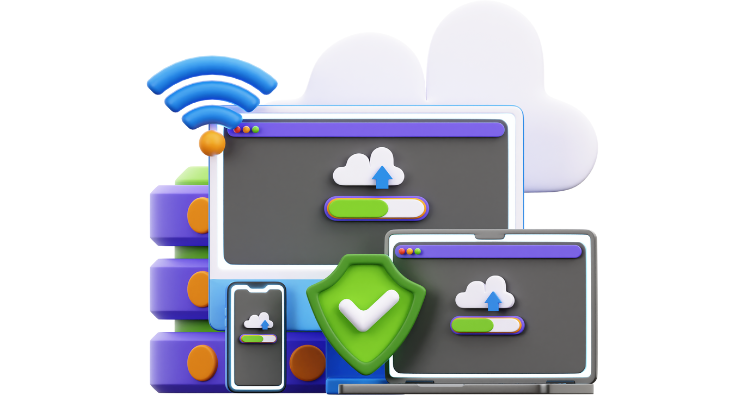
Data encryption is one of the most critical steps in protecting sensitive information. Organizations should:
- Use AWS Key Management Service (KMS) for centralized key creation and rotation.
- Apply end-to-end encryption for sensitive transactions, such as financial data or personal health information.
- Use separate encryption keys for different environments (production, development, and testing) to minimize risk exposure.
Proper key management is essential. Poorly managed keys can create vulnerabilities even if the data is encrypted. Automated key rotation and secure storage minimize human error and strengthen the overall security posture.
Monitoring, Logging, and Real-Time Threat Detection
Continuous monitoring is crucial for detecting threats early. Best practices include:
- Enable AWS CloudTrail to track API calls and user activity.
- Utilize AWS GuardDuty or similar tools to identify anomalies, such as unusual login attempts or large-scale data transfers.
- Implement centralized logging and alerts to ensure security teams respond promptly to incidents.
Real-time visibility into your environment helps organizations identify and remediate threats before they escalate into major breaches. Combined with periodic audits, monitoring forms a strong backbone for cloud security.
Regular Audits and Compliance Checks
Routine security audits are essential for maintaining a secure environment. They help organizations:
- Detect misconfigurations that may have occurred over time.
- Ensure adherence to industry regulations and internal policies.
- Evaluate the effectiveness of current security controls and update them as threats evolve.
Audits should encompass both technical and procedural aspects, covering software configurations, network architecture, and administrative access policies. Using automated auditing tools in conjunction with manual review ensures comprehensive coverage.
Employee Training and Awareness
Even the best technical measures can fail without proper human oversight. Organizations should:
- Train staff on secure cloud usage, phishing awareness, and best practices for data handling.
- Enforce policies for password management, multi-factor authentication, and secure file sharing.
- Encourage reporting of suspicious activities and provide clear incident response procedures.
Educated employees serve as an additional layer of security, helping prevent breaches caused by human error.
Disaster Recovery and Incident Response
Even with strong security, incidents can occur. Preparing for them is essential:
- Develop a disaster recovery plan outlining backup frequency, recovery time objectives, and communication protocols.
- Conduct regular drills to ensure teams are ready to respond quickly.
- Use multi-region deployments in AWS to protect against regional outages or failures.
By planning for contingencies, organizations can minimize downtime and data loss, preserving both trust and business continuity.
Conclusion
Protecting sensitive data in the cloud is a multifaceted effort that combines technical measures, strategic consulting, and employee awareness. Leveraging aws security consulting services at the planning stage and working with local expertise like AWS consulting Dallas ensures that organizations can secure their environments effectively while maintaining performance and efficiency.
Regular audits, monitoring, encryption, and proper key management create a robust defense against potential threats, while staff training and disaster recovery planning reinforce resilience. By following these best practices, companies can confidently store and manage sensitive data in the cloud, reducing risks and supporting business growth.

